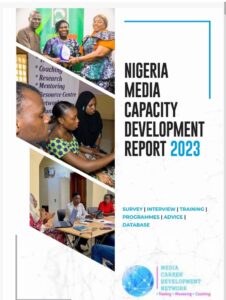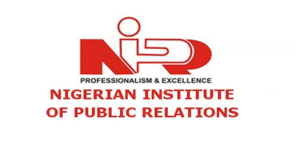Considering the intense nature of journalism work that sometimes requires working round the clock, journalists should be very conscious of their well-being and health.
Media work stresses that journalists should know enough of the various health risks they are susceptible to and promptly take necessary precautions or treatment.
This is however not the case with many journalists who don’t pay enough attention to their health. They get engrossed in meeting various deadlines and only seek medical attention at critical stages when they can no longer do their editorial assignments.
Last Friday, the need to ensure the good health and wellness of journalists was the topic of our training session with Development Journalist, Kofoworola Bello-Osagie as the speaker.
Belo-Osagie highlighted the various chronic diseases journalists should guide against, especially High Blood Pressure, noting that many of the complications associated with the diseases as people grow are avoidable.
She noted apart from the use of drugs, which have side effects, healthy lifestyles matter in recovering from illnesses or not having them.
READ ALSO: Six unhealthy habits of journalists
According to her, media organisations should do their best to ensure a toxic-free environment for work because it adds to the stress journalists already face. Journalists must themselves recognise when they are stressed and take steps to address it, while maintaining a good diet, sleep and exercise routine.
We join in urging journalists and other media professionals to prioritise their health as they do their work. Without being healthy, they may not be able to perform maximally in the long run and would be easily replaced by employers who want medically fit employees.
Journalists must insist on taking necessary breaks or leave from work in line with the terms of their employment which should be based on global workplace best practices.
Media owners should provide medical allowance and insurance to ensure that journalists have access to good medical care. Having retainership arrangements with some hospitals as some media organisations do for their staff is good.
There should also be a provision for journalists to access Health Maintenance Organisations’ benefits when they have critical health situations.
The call to action is clear: Journalists, media professionals and organisations must prioritize their health to sustain their careers and well-being and ensure they can continue to deliver the news effectively and efficiently.






